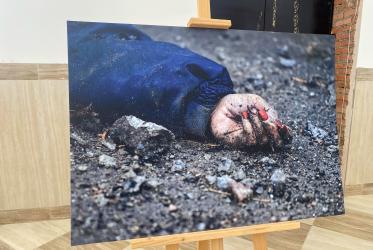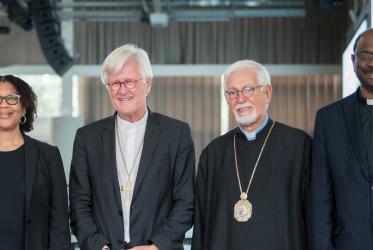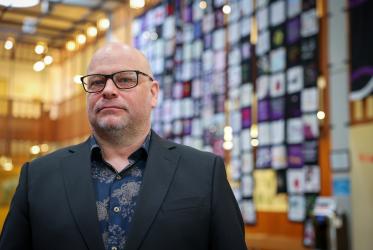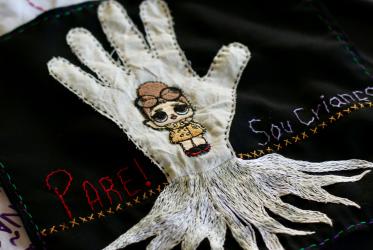Displaying 1 - 20 of 224
As femicide cases rises, Kenyan religious leaders move to act
06 February 2024
In Angola, WCC takes human rights approach to obstetric fistula
01 February 2024
Tackling sexual violence in war
14 December 2023
Beginning soon: 16 Days against Sexual and Gender-Based Violence
21 November 2023
WCC leaders step up as Thursdays in Black ambassadors
26 October 2023
Two-day event in India focuses on water, sanitation, and hygiene
09 January 2023
Thursdays in Black Bible Study: Solomon’s Wisdom in Judgment
08 December 2022














